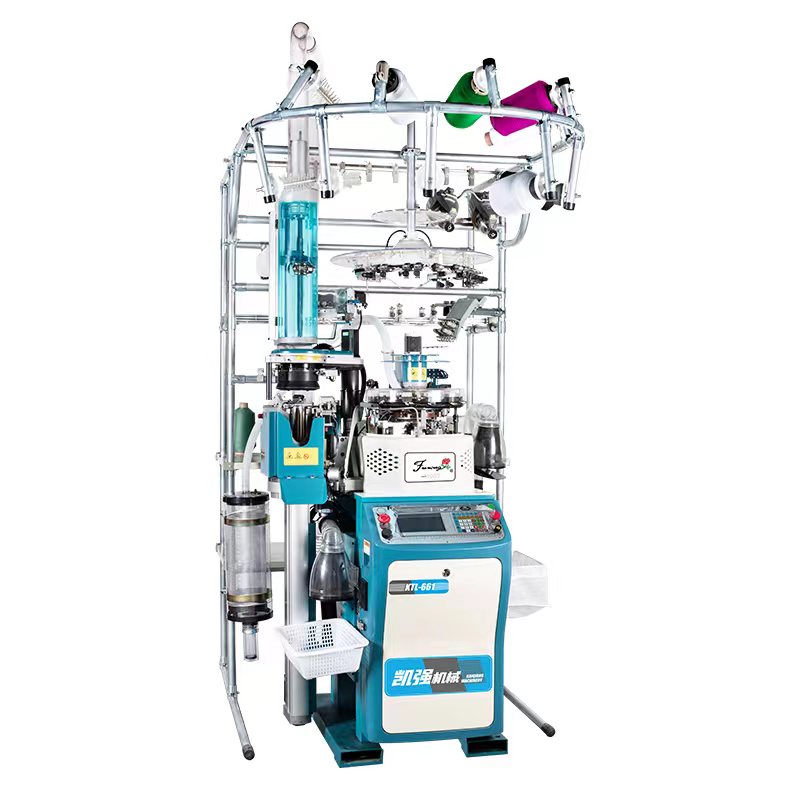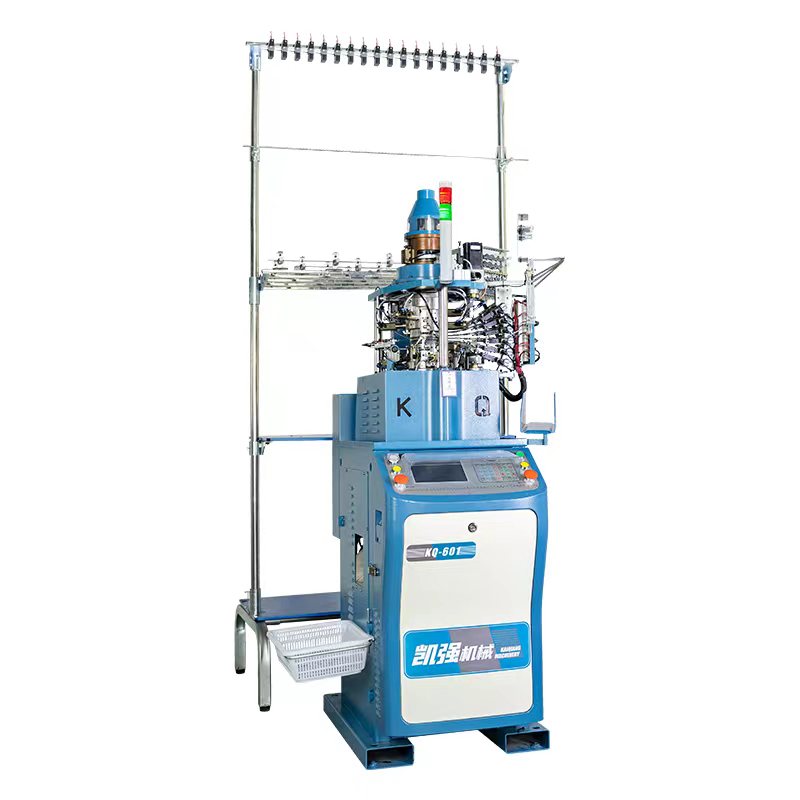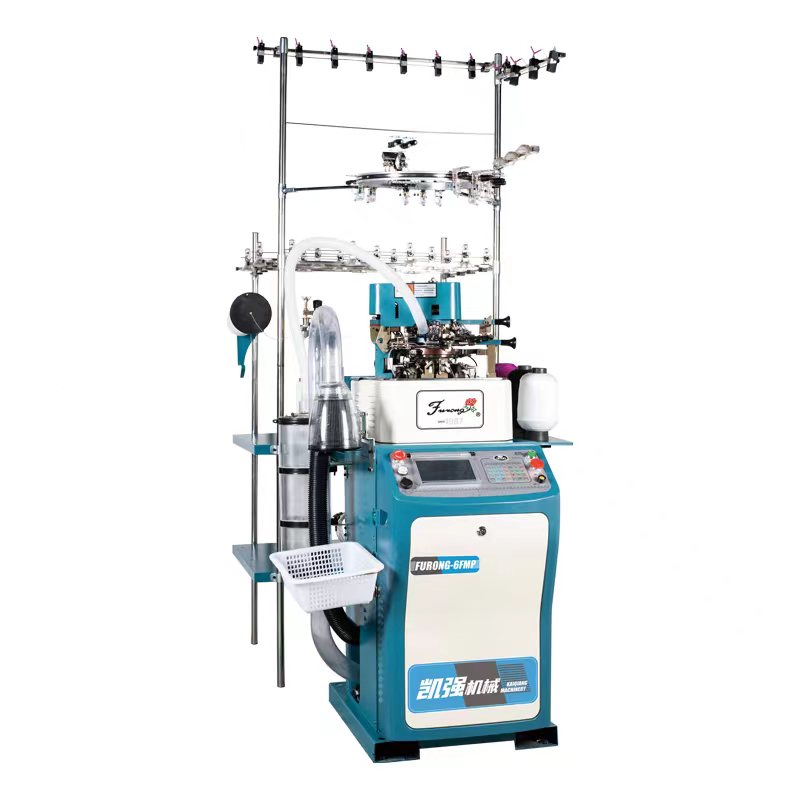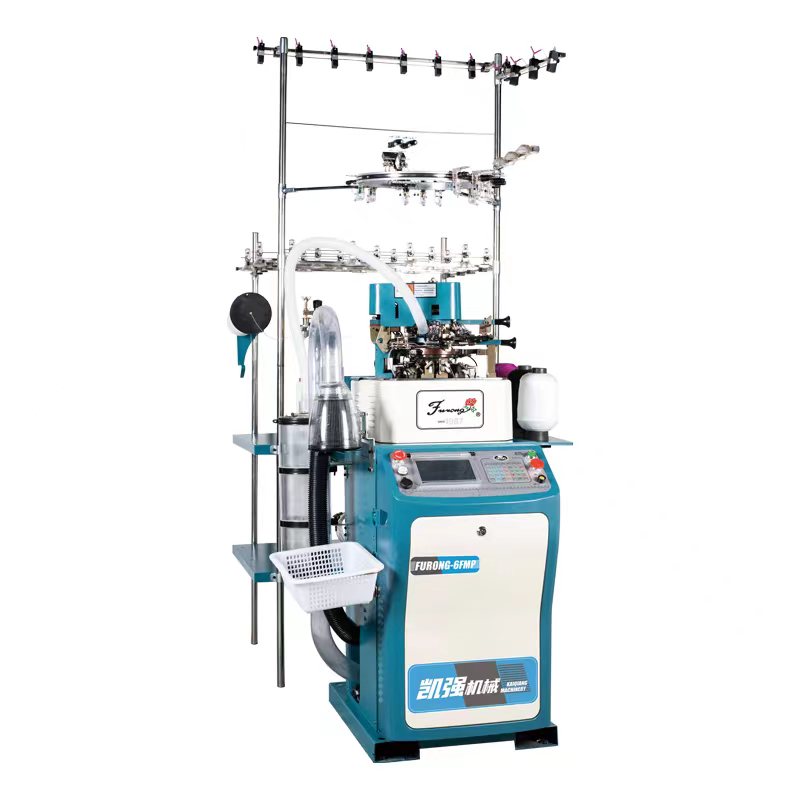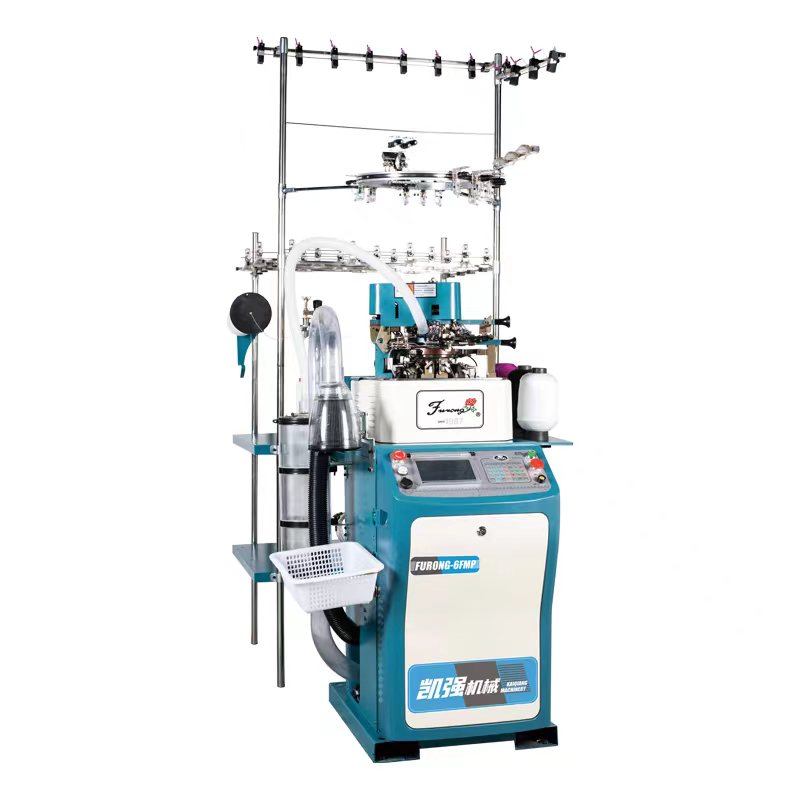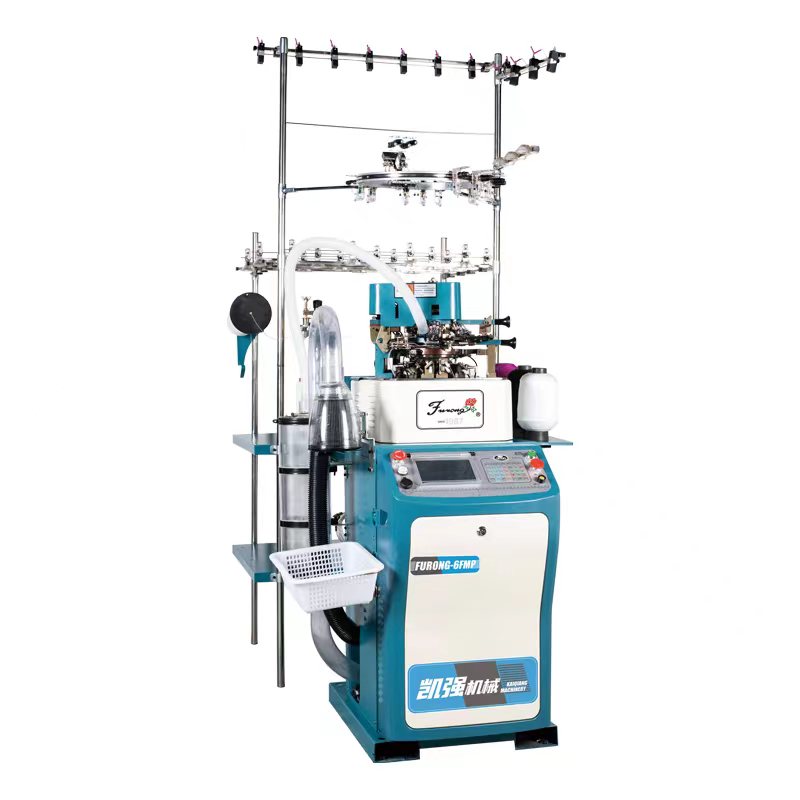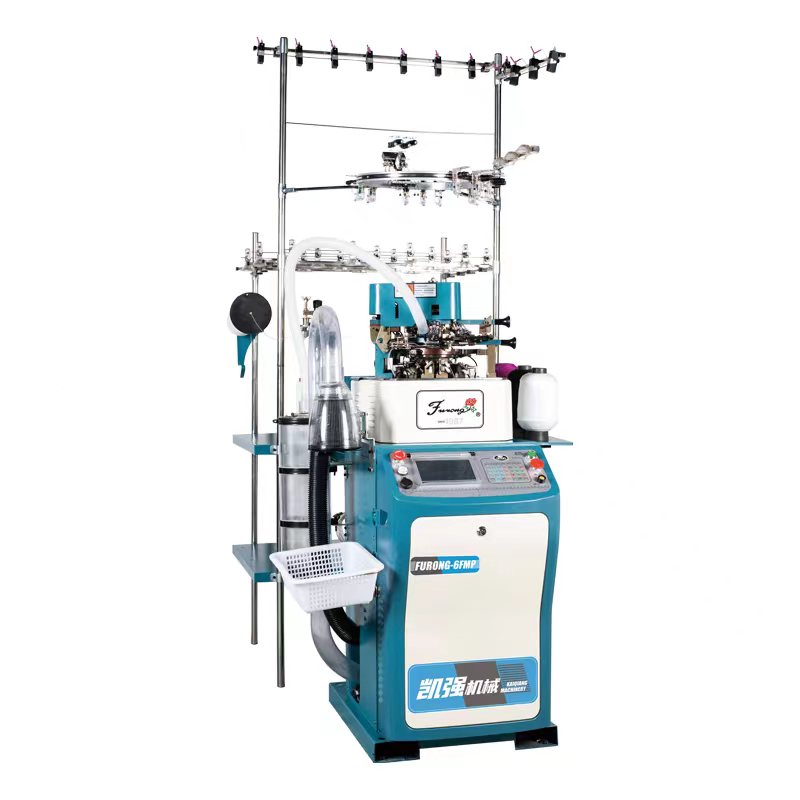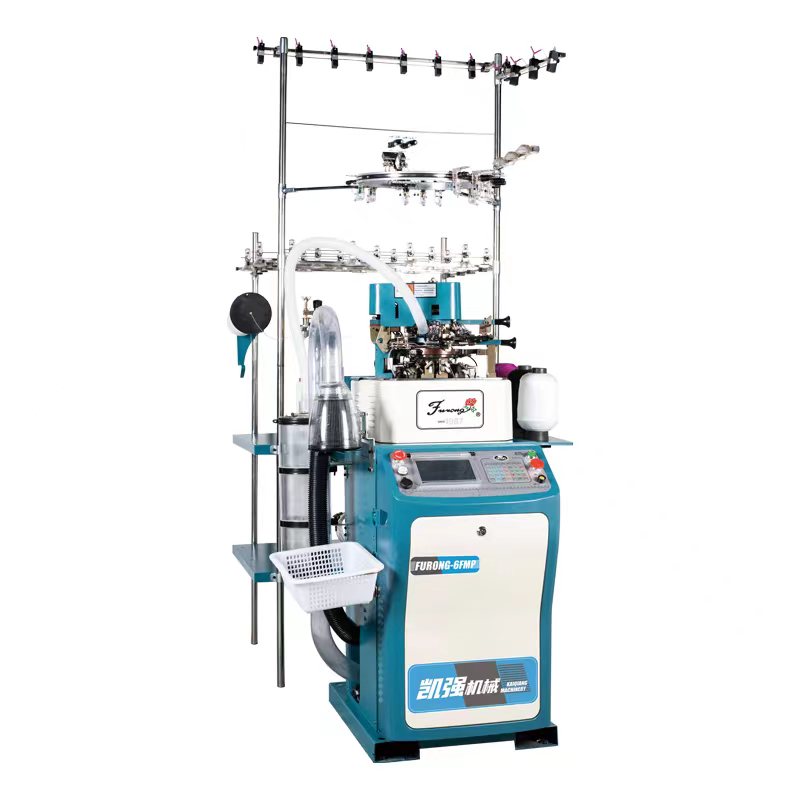The gauge of a knitting machine plays a crucial role in determining the production of gloves, influencing various aspects of the final product. Here's how the gauge of a knitting machine impacts the production of gloves:
Definition of Gauge:
Gauge refers to the number of needles per unit of length on the needle bed of a knitting machine. It is often expressed as needles per inch (NPI) or needles per centimeter (NPC).
Fine or Coarse Gauge:
A fine gauge knitting machine has a higher number of needles per inch, while a coarse gauge machine has fewer needles per inch. The choice between fine and coarse gauge depends on the intended application and the characteristics of the gloves to be produced.
Glove Thickness and Density:
Fine gauge machines are suitable for producing thinner gloves with higher stitch density, resulting in a more delicate and lightweight fabric. Coarse gauge machines, on the other hand, are used for thicker gloves with lower stitch density, providing a heavier and more robust fabric.
Fabric Tension:
Fine gauge machines typically produce fabrics with higher tension, contributing to a tighter and more compact structure. This can be advantageous for creating gloves that require a close fit or enhanced elasticity.
Detail and Precision:
Fine gauge machines are capable of producing intricate patterns, textures, and fine details in gloves. This is particularly important for gloves with specific designs or those requiring intricate stitch work.
Stretch and Flexibility:
Coarse gauge machines, with their lower stitch density, can produce gloves with increased stretch and flexibility. This is beneficial for gloves that need to conform to various hand sizes and movements.
Production Speed:
Coarse gauge machines generally have a higher production speed compared to fine gauge machines. This can be advantageous for large-scale production where speed is a priority.
Yarn Selection:
The gauge of the knitting machine influences the type of yarn that can be effectively used. Fine gauge machines may require finer yarns, while coarse gauge machines can accommodate thicker yarns.
Versatility:
Fine gauge machines are often more versatile for producing a wide range of glove styles, especially those with intricate patterns or lightweight designs. Coarse gauge machines are versatile for producing heavier and bulkier gloves.
Comfort and Drape:
Fine gauge gloves often provide a smoother finish and better drape, contributing to increased comfort. This is essential for gloves that come into direct contact with the skin.
Seamlessness:
Fine gauge machines are often employed in the production of seamless gloves, providing a smoother and more comfortable interior surface.
Ultimately, selecting the appropriate gauge for a glove knitting machine depends on the specific requirements of the gloves to be produced, including thickness, design complexity, comfort, and intended use. Manufacturers consider these factors to optimize the knitting process and produce gloves that meet the desired specifications.

 英语
英语 中文简体
中文简体